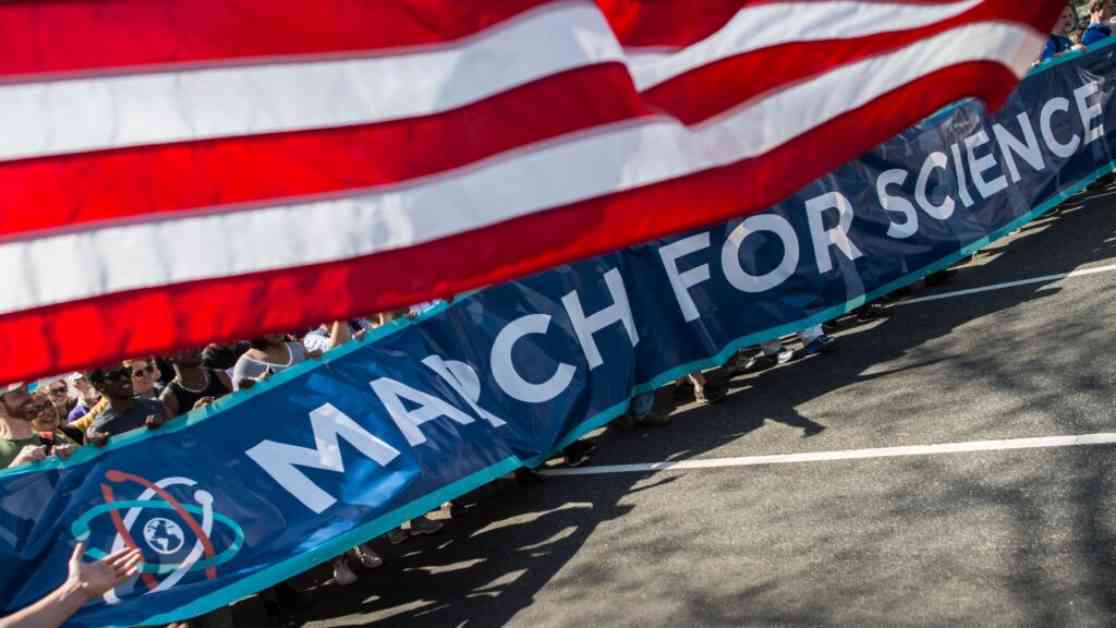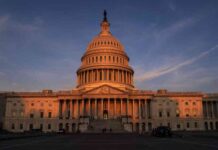Young Researchers Challenge Trump Administration’s Science Policies
In a tumultuous political landscape, young researchers are rising up against the Trump administration’s science policies. Faced with funding cuts, policy changes, and attacks on diversity in science, a wave of resistance is gaining momentum. Unions representing fellows, grassroots scientists, and activists are mobilizing to protect their livelihoods and the integrity of scientific research in America.
Resistance in Action
Initially, there seemed to be little pushback against the Trump administration’s assault on biomedical research. However, a growing discontent is brewing among science activists, drugmakers, private foundations, and scientific societies. Unions representing fellows at the National Institutes of Health (NIH) and various universities are planning protests, while grassroots scientists are organizing rallies across the nation.
Ian Fucci, a member of NIH Fellows United, expressed a sense of urgency, stating, “Things are changing very quickly and in a terrible direction.” With strength in numbers, these researchers are gearing up to fight for the future of scientific inquiry. The decision to protest stems from a series of funding cuts and policy alterations that directly impact the scientific community.
United Against Adversity
Researchers described an overwhelming sense of helplessness in response to the administration’s actions. From funding reductions to challenges in diversifying the academic workforce, scientists feel trapped in a system that undermines their work. JP Flores, a bioinformaticist at the University of North Carolina, Chapel Hill, emphasized the need to take a stand, saying, “Everyone feels stuck right now.”
The upcoming protests are a direct response to the upheaval caused by the new administration within federal science and health agencies. Research projects are in limbo, and the recruitment of new students has been disrupted. The Stand Up for Science Protest aims to send a powerful message advocating for the importance of science in society.
In a show of solidarity, Colette Delawalla, a clinical psychologist at Emory University, emphasized the inclusive nature of the protest, inviting individuals worldwide to join in support of science. Drawing inspiration from past movements, organizers are determined to make their voices heard and spark meaningful change.
A Call to Action
While some critics have questioned the efficacy of a renewed resistance movement, sociologist Dana Fisher noted historical parallels. Just as the March for Science emerged in response to perceived threats to scientific integrity, the current push for change reflects a growing urgency among young researchers. The escalating political climate has raised concerns about potential unrest and the need for peaceful demonstrations.
As preparations for the protests intensify, Delawalla expressed a mix of emotions, from anxiety to determination. Despite the uncertainties and risks involved, she remains committed to creating a safe and impactful platform for protest. With nerves running high and the stakes even higher, the young researchers are prepared to step up and defend the principles they hold dear.
In the face of adversity, the spirit of resistance burns bright among these young researchers. Their unwavering dedication to science and their willingness to stand up against injustice serve as a testament to the power of collective action. As they prepare to make their voices heard, the future of scientific research in America hangs in the balance.

















